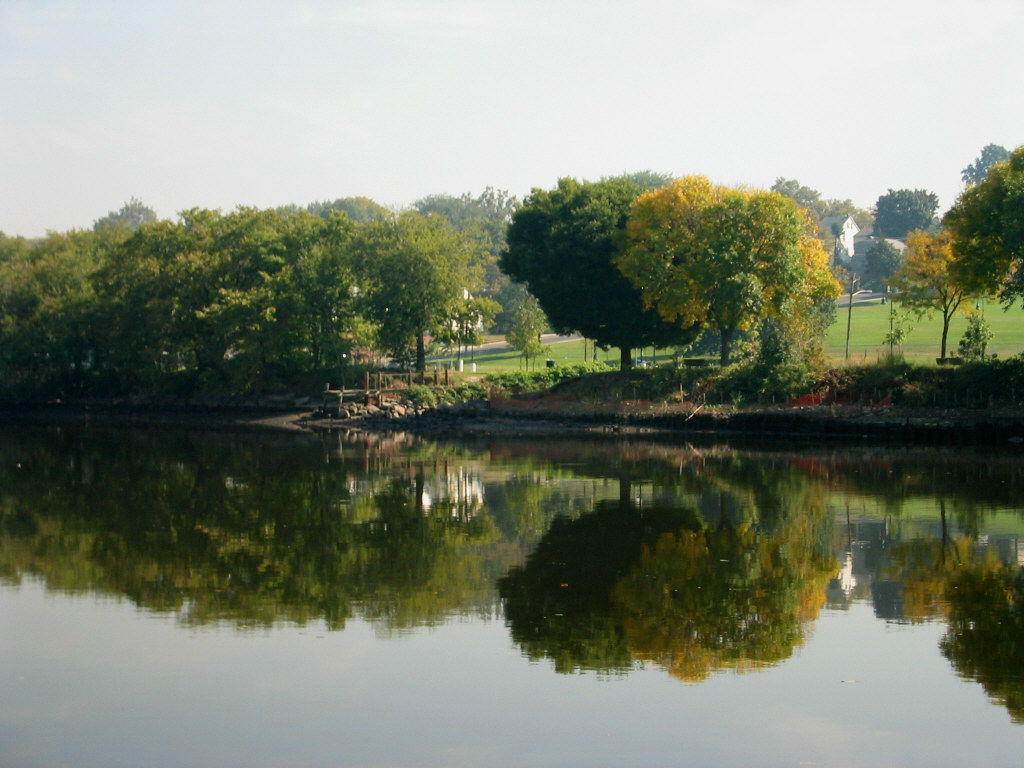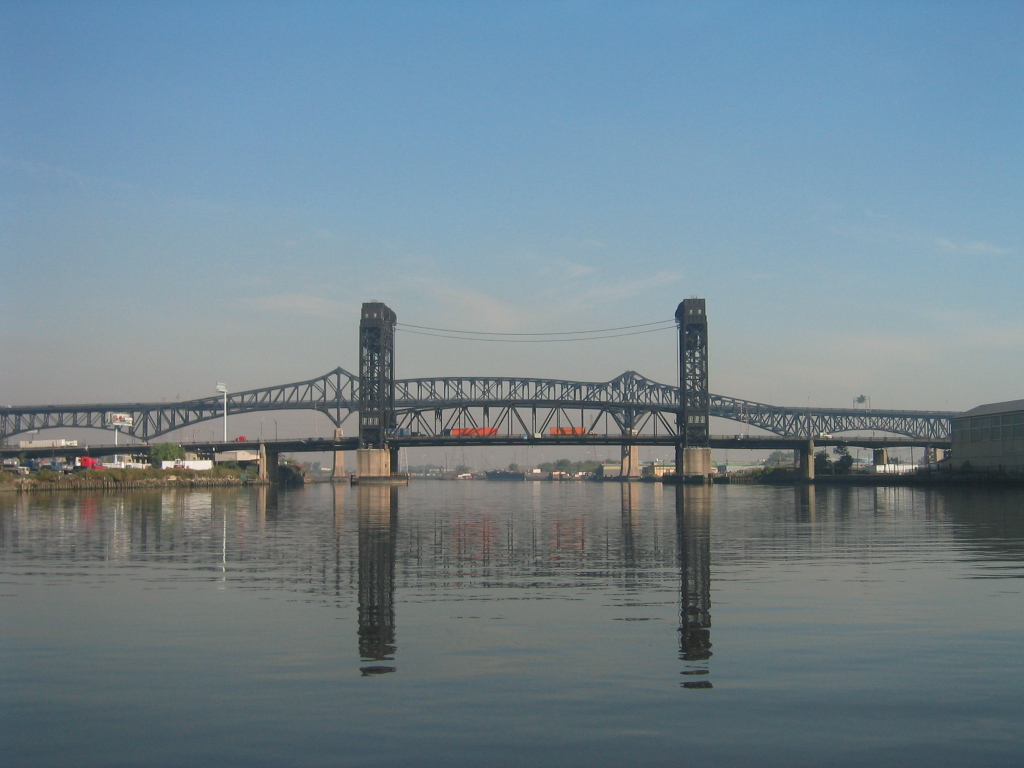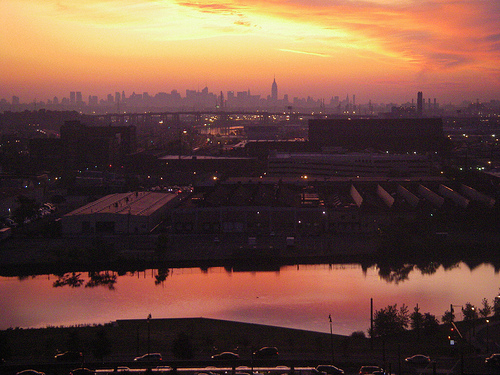Highlighted Projects
Windward Offices
Seattle, Washington
(headquarters)
200 First Avenue West, Suite 500
Seattle, WA 98119
Phone: 206.378.1364
Fax: 206.973.3048
> Contact form for general inquiries
> Contact form for accounting inquiries
Directions to Windward’s Seattle Office
Syracuse, New York
224 Harrison Street
Suite 705
Syracuse, NY 13202
Phone: 206.812.5450
Ann Arbor, Michigan
674 South Wagner Road
Ann Arbor, MI 48103
Phone: 206.812.5455
Lower Passaic River Comprehensive Ecological Risk Technical Strategy
Windward was retained to assist the Cooperating Parties Group (CPG), a group of more than 70 potentially responsible parties (PRPs), in developing a comprehensive ecological risk technical strategy and addressing environmental issues associated with sediment contamination related to the Lower Passaic River (LPR) in Newark, New Jersey. The Lower Passaic River Study Area (LPRSA) encompasses the lower part of the Passaic River basin from Dundee Dam to the mouth of the river (approximately 17 miles) and its major tributaries.
CPG selected Windward based on our experience in managing large dynamic groups and complex sediment sites. Since we also led the risk assessment for the LPR remedial investigation (RI), Windward was actively involved in the evaluation of natural resources in the study area, as well as the greater LPR system. Our efforts included evaluating historical chemical and biological data, planning and implementing primary research to gather new empirical data, and performing food web and bioaccumulation modeling. Thanks to this work, Windward was able to better evaluate the LPRSA with regard to potential natural resource damage (NRD) claims, and to plan restoration actions that were both appropriate and effective.
Other key project components included establishing toxicity reference values (TRVs), developing study designs and implementing data collection efforts, conducting a biological inventory and habitat surveys for ecological resources, and mapping habitat preferences for target ecological resources and mapping of chemical concentrations in various media to determine potential areas of impact on ecological resources using GIS.




 Windward Environmental is now part of Barr Engineering Co.!
Windward Environmental is now part of Barr Engineering Co.!